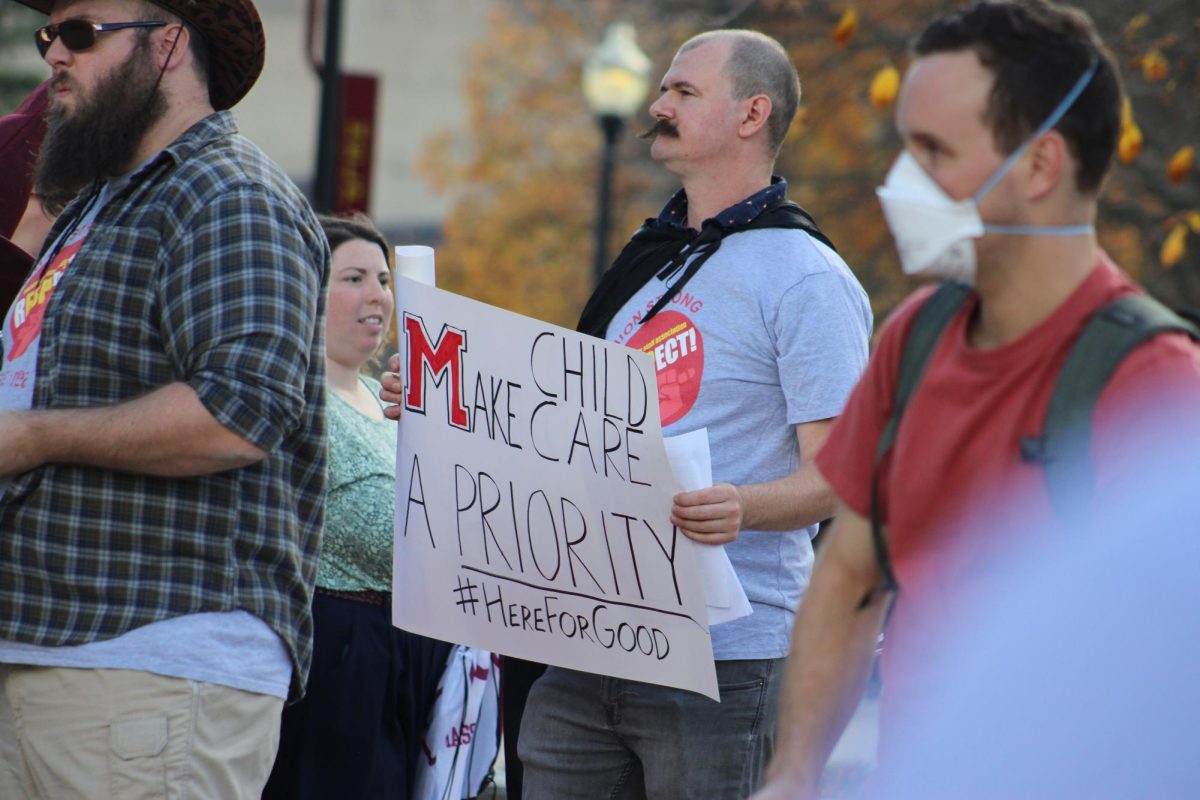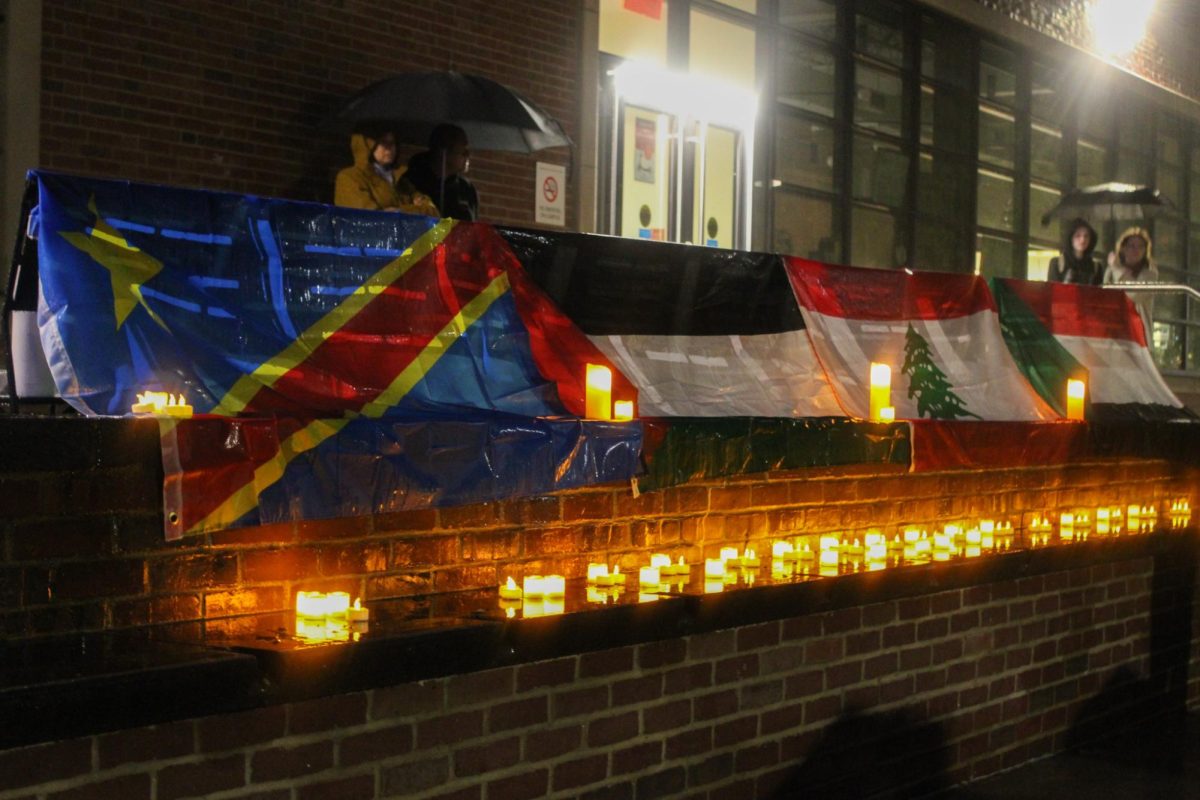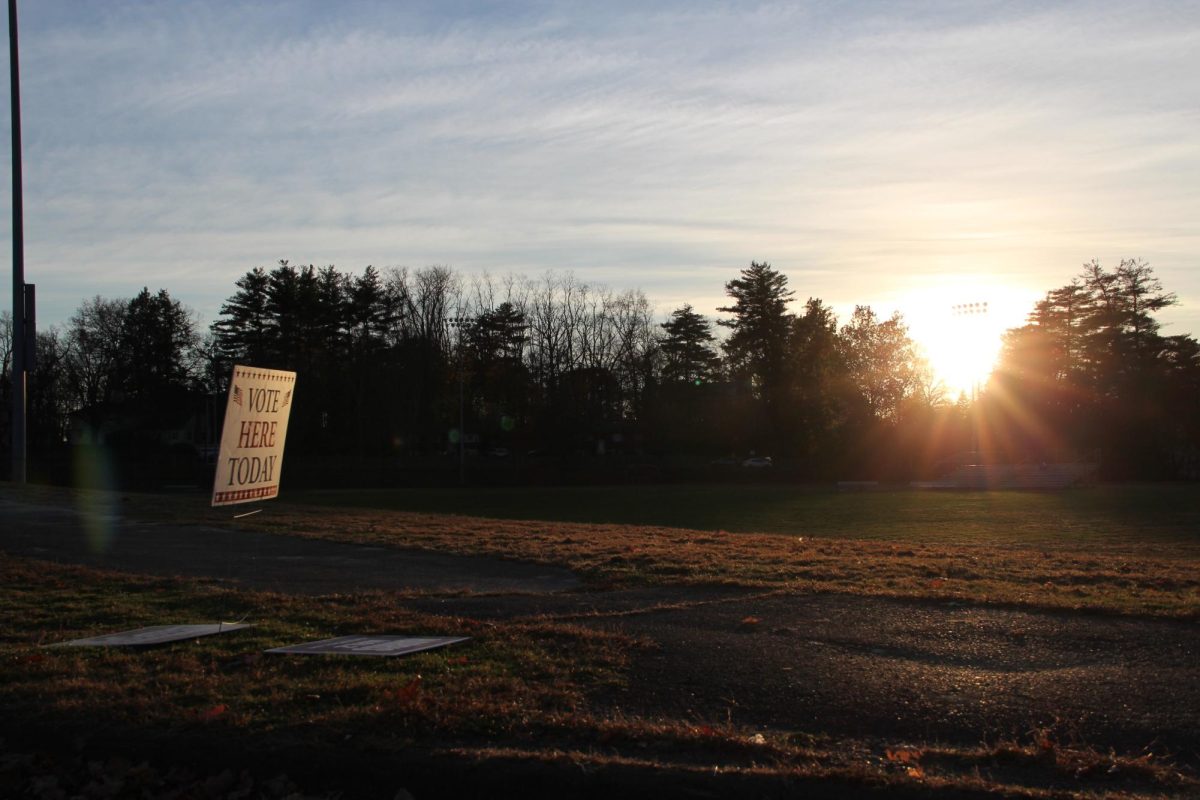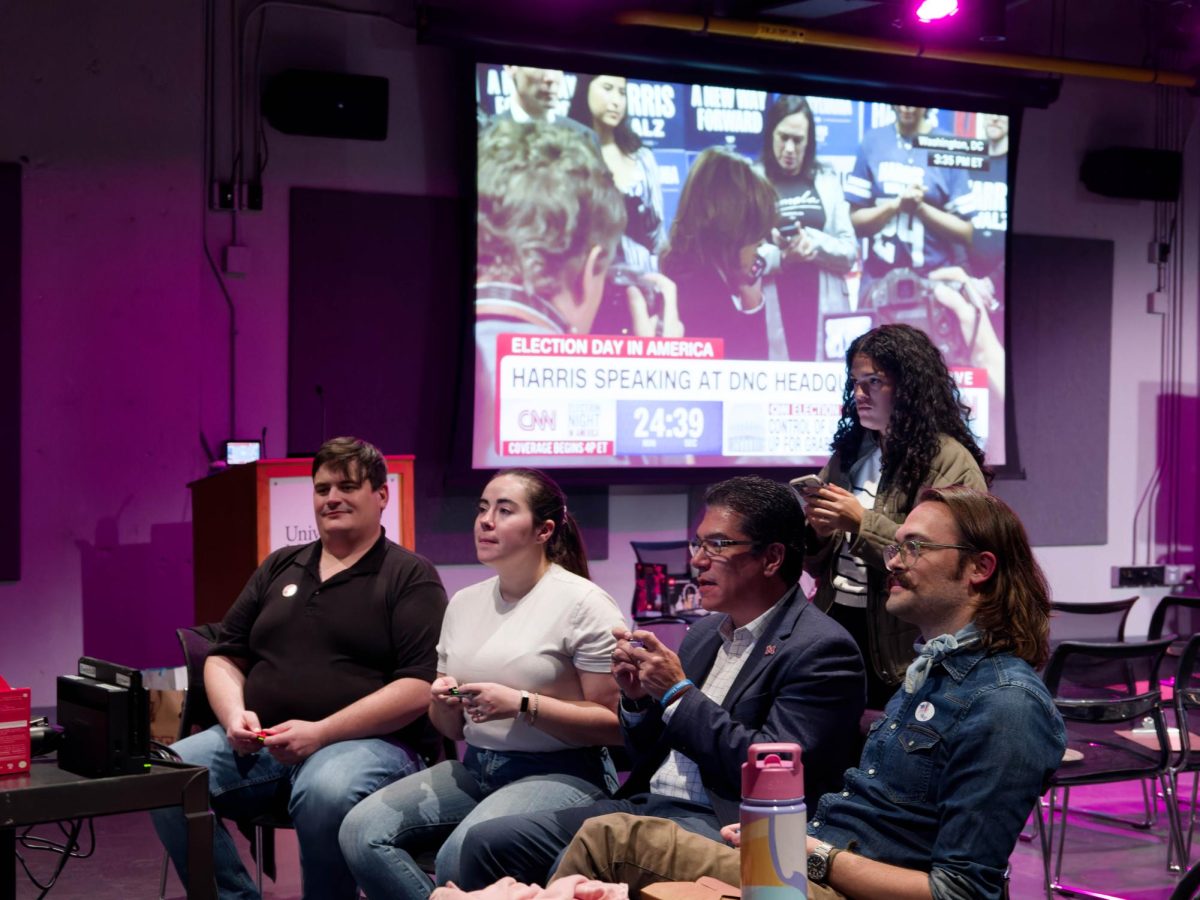
The University of Massachusetts announced it will no longer admit Iranian national students into certain graduate programs in the College of Engineering and the College of Natural Sciences to avoid violating United States sanctions against Iran.
The decision, effective Feb. 1, comes in response to sanctions imposed by Congress in August 2012 – the “Iran Threat Reduction and Syria Human Rights Act of 2012,” which bans Iranian citizens from education in the U.S. if they plan to focus on nuclear or energy related research in Iran.
All currently enrolled Iranian students will also be required to certify their compliance with the restrictions imposed by the 2012 sanctions in writing, according to a document on the UMass website.
“The University has determined that these sanctions pose a significant challenge to our ability to provide a full program of education and research for Iranian students in certain disciplines and programs,” the document said.
Those programs include chemical engineering; electrical and computer engineering; mechanical and industrial engineering; physics; chemistry; microbiology; and polymer science and engineering, according to the document.
However, the National Iranian American Council has concluded that the University’s policy is an overly broad interpretation of the sanctions and has called for UMass to reverse its decision.
“This is a major problem for UMass Amherst, which risks doing real damage to itself as an institution,” NIAC President Trita Parsi said in a press release. “It’s also a problem for the U.S. government, which only undermines American values and influence when it prevents universities from reaching out to young Iranians.”
The University said in a statement Friday that officials recognize that UMass’ policy may create difficulties for Iranian students, which they regard as “unfortunate.”
“Furthermore, the exclusion of a class of students from admission directly conflicts with our institutional values and principles,” the statement continued. “However, as with any college or university, we have no choice but to institute policies and procedure to ensure that we are in full compliance with all applicable laws.”
At least one faculty member in the College of Engineering, Assistant Professor Yahya Modarres-Sadeghi, received his bachelor’s and master’s degrees in Iran, according to his profile on the UMass website.
“Of all the people to hurt with sanctions, punishing students and undermining educational exchanges is a particularly damaging act,” Parsi said in the release. “The people of Iran have positive views of the United States, and higher education is one of the best forums to foster important relationships with young Iranians that can help improve ties and even prevent conflicts.”
The University could not immediately be reached for further comment Friday.
Aviva Luttrell can be reached at [email protected] and followed on Twitter @AvivaLuttrell.
See related: UMass’ decision to ban Iranian students from certain programs sparks outrage, debate



















shey samson • May 4, 2016 at 6:26 am
Hi Kirstie, my assistant got access to a fillable a form document with this link
https://goo.gl/6FkOQd.Kirstie Marquette • May 3, 2016 at 11:18 am
Good blog post , I loved the points ! Does anyone know if my company might be able to grab a sample a form version to edit ?
John Sally • Feb 16, 2015 at 2:26 pm
It is hard to find outrage in this like others do. Unless you have sympathy for some of the more radical actions and expressed opinions and goals of the Iranian regime, enacting policy in line with the federal law seems like the minimum the school should do in order to take a position.
And it is silly to say that certain fields and degrees don’t enhance the nuclear threat. A topic doesn’t have to relate entirely to nuclear energy, nuclear chemistry, nuclear physics, etc., to be beneficial to any nuclear work. There are many common areas in chemistry, for example, that benefit nuclear study and non-nuclear study. Water chemistry is a big part of production as well as developmental work.
Richard Buckman • Feb 14, 2015 at 2:45 pm
http://coreyrobin.com/2015/02/14/state-department-expresses-surprise-over-umass-policy/
yamamanama • Feb 14, 2015 at 2:35 pm
The only thing Iranians should be learning about is the French Revolution.
anon • Feb 14, 2015 at 8:23 am
UMass admin showing it’s islamophobic colors.
Joe Mahoney • Feb 13, 2015 at 10:34 pm
A very balanced and informative story by The Daily Collegian on an important topic. As a career newspaperman who cut my reporting teeth at the Collegian, it’s great to see the depth explored by this piece. I do take issue with Richard Buckman’s comments. As someone who covered the impact of Jimmy Carter’s sanctions against Iran as it applied to Norwich University in Vermont, I would say UMass is hamstrung in its options. The university is free to make a statement if it finds the edict objectionable. But to buck an interpretation of a congressional edict would be highly counterproductive and jeopardize all federal funding.
Richard Buckman • Feb 14, 2015 at 12:31 am
Sure, UMass has to comply with the ban, but they didn’t have to expand upon the ban. I can’t speak for all the other departments listed, but I know at the very least that physics is a very large field, and there is no reason to ban ALL physics students, when the majority of physics is unrelated to nuclear physics or even energy.
Umass should at the very least interpret the ban as narrowly as they possibly can, but they should also have come out with a much stronger statement against the ban, and they also shouldn’t have done it in secret without consulting the faculty or students.
My guess is that this is a very hastily made poor decision that they will soon reverse once they realize how angry they have made both faculty and graduate students alike. Perhaps they won’t reverse the entirety of it, since they can’t go against the law, but they can allow the majority of Iranian physics applicants who don’t want anything to do with the banned topics anyways.
I also hope that the Collegian will come out with more of the details that led up to this decision, because they are infuriating from what I have heard (albeit, not Umass’s fault)
Richard Buckman • Feb 13, 2015 at 9:04 pm
I hope the collegian puts this article on the front page of the paper Tuesday. This is awful news and makes me embarrassed to be an alumni and current graduate student of Umass. I hope all donors reconsider, and all prospective graduate students will boycott Umass until they fix this terrible policy. Although they have to follow the law, they don’t have to expand upon it, and there is a thing that Umass officials may not have heard of called “civil disobedience” in the case of terrible discriminatory laws that need to be repealed.
On top of it all, UMass has shown their cowardly faces in announcing this on the Friday before a long weekend without directly telling any of their students, staff, or faculty. Prepare for a media storm which will not blow away in three days.